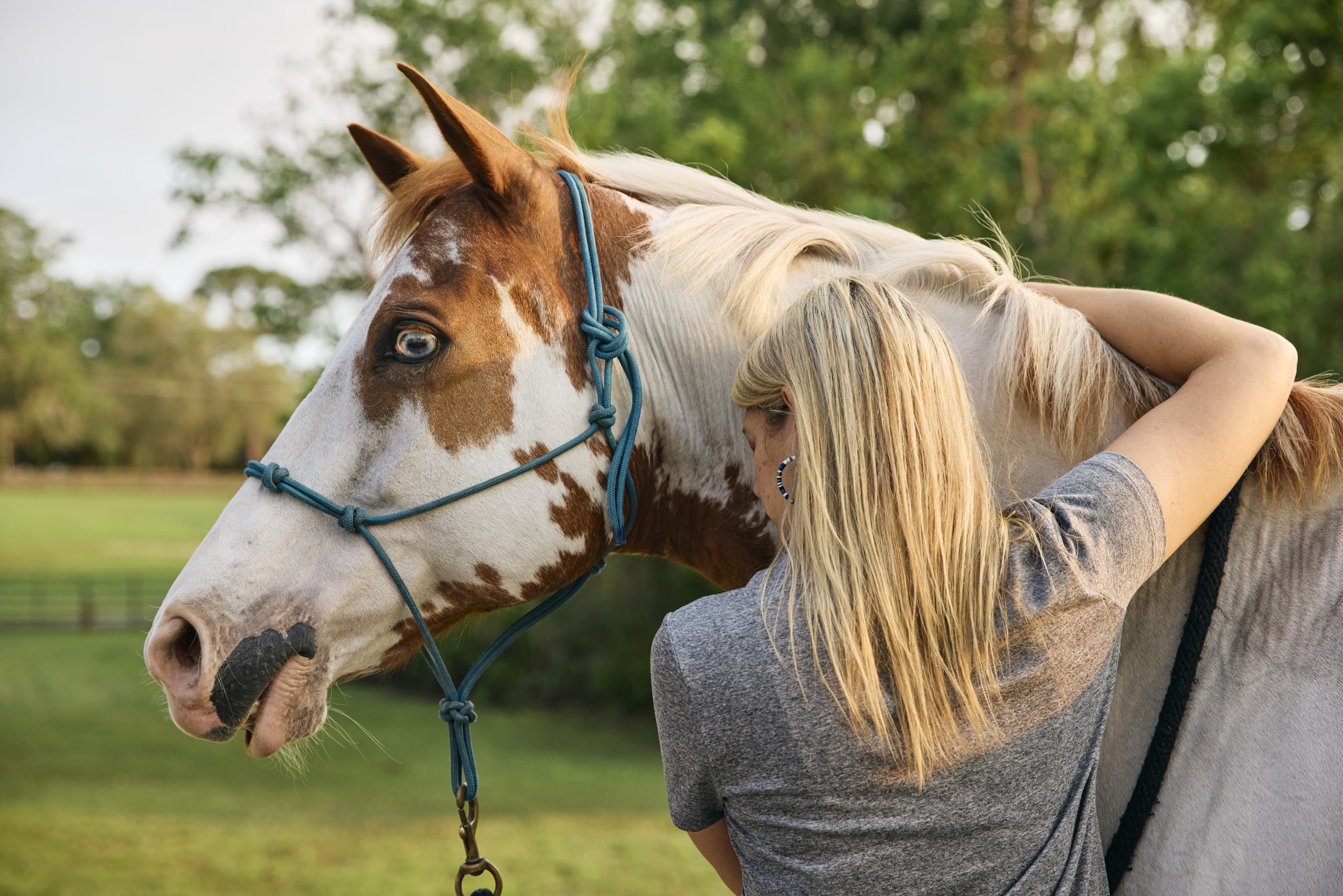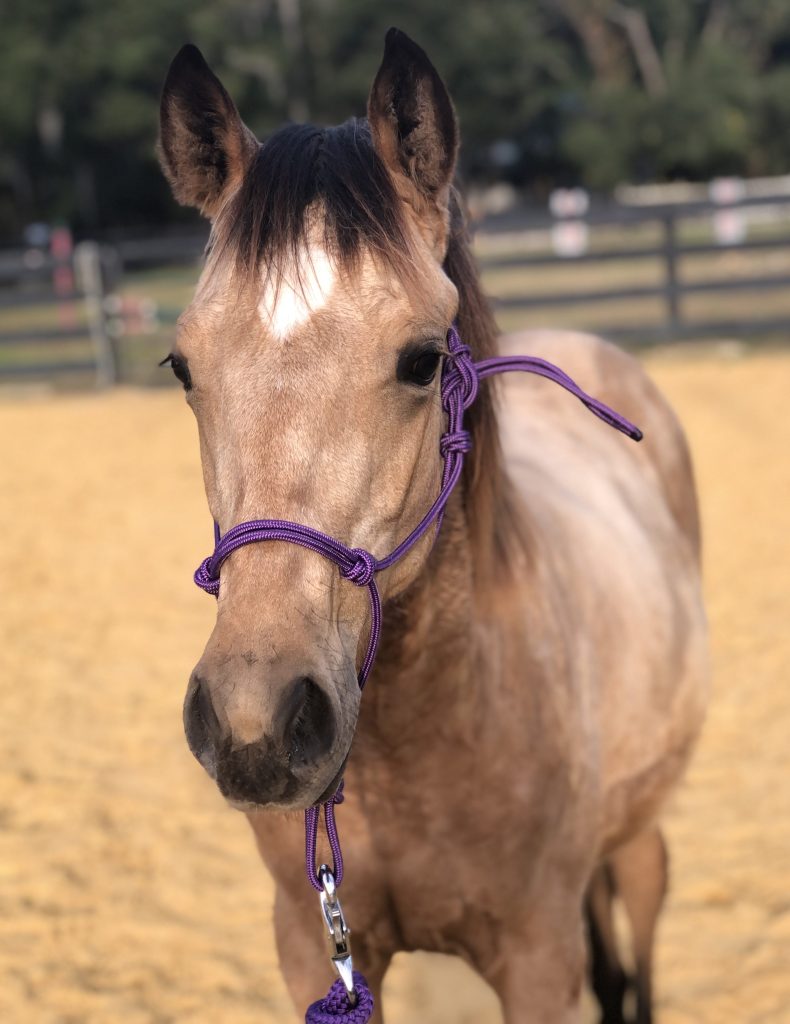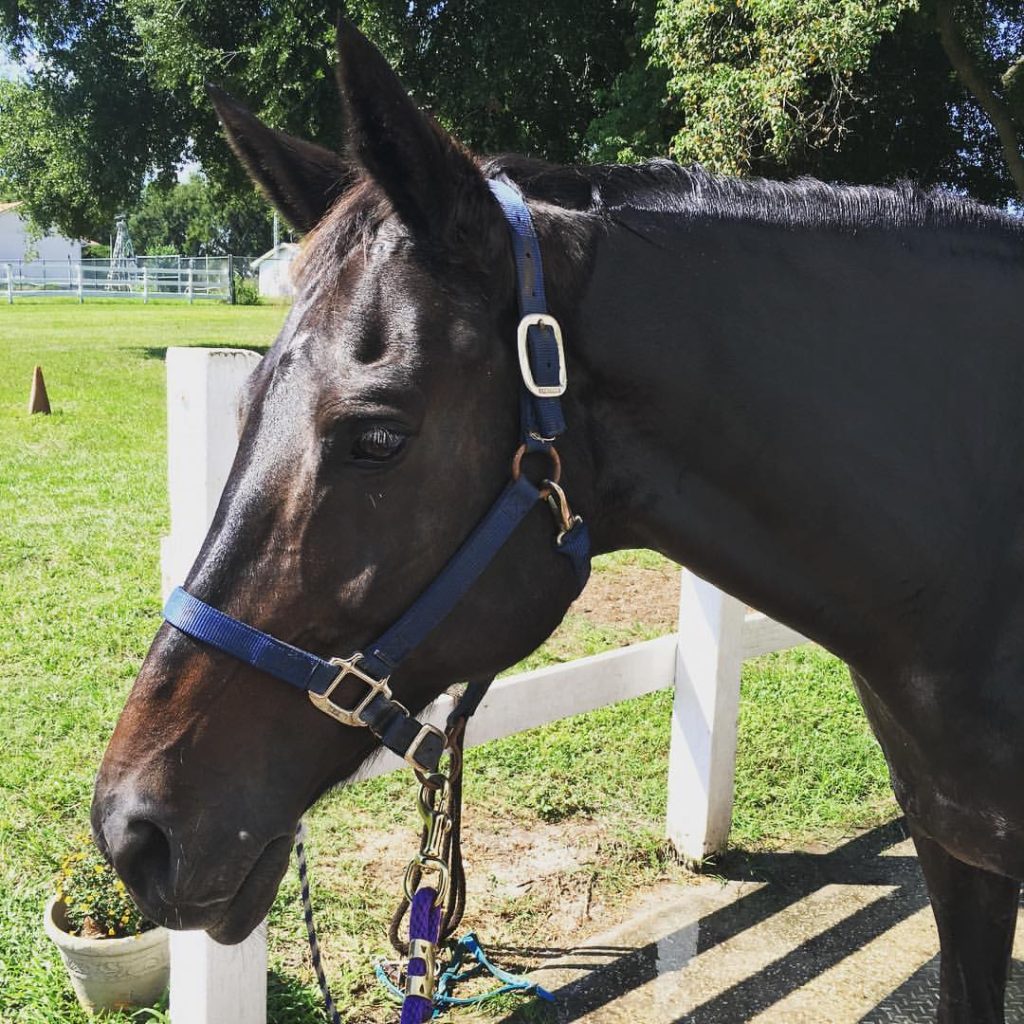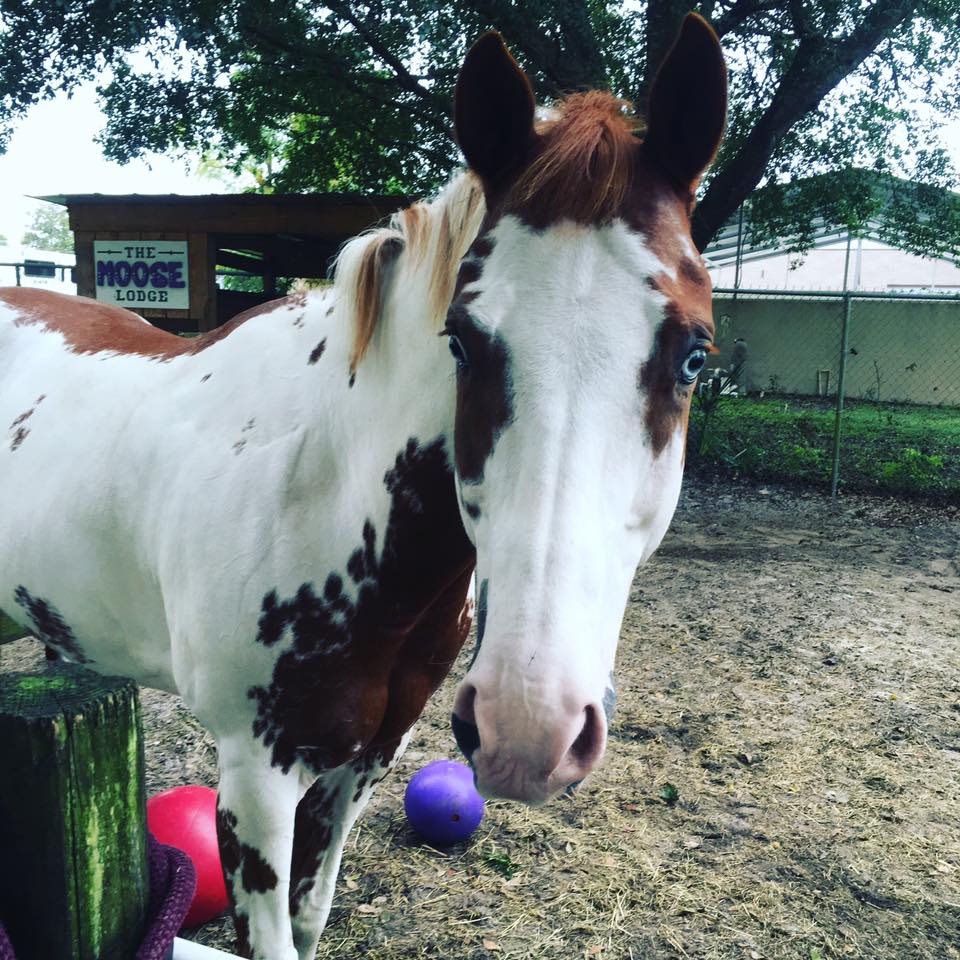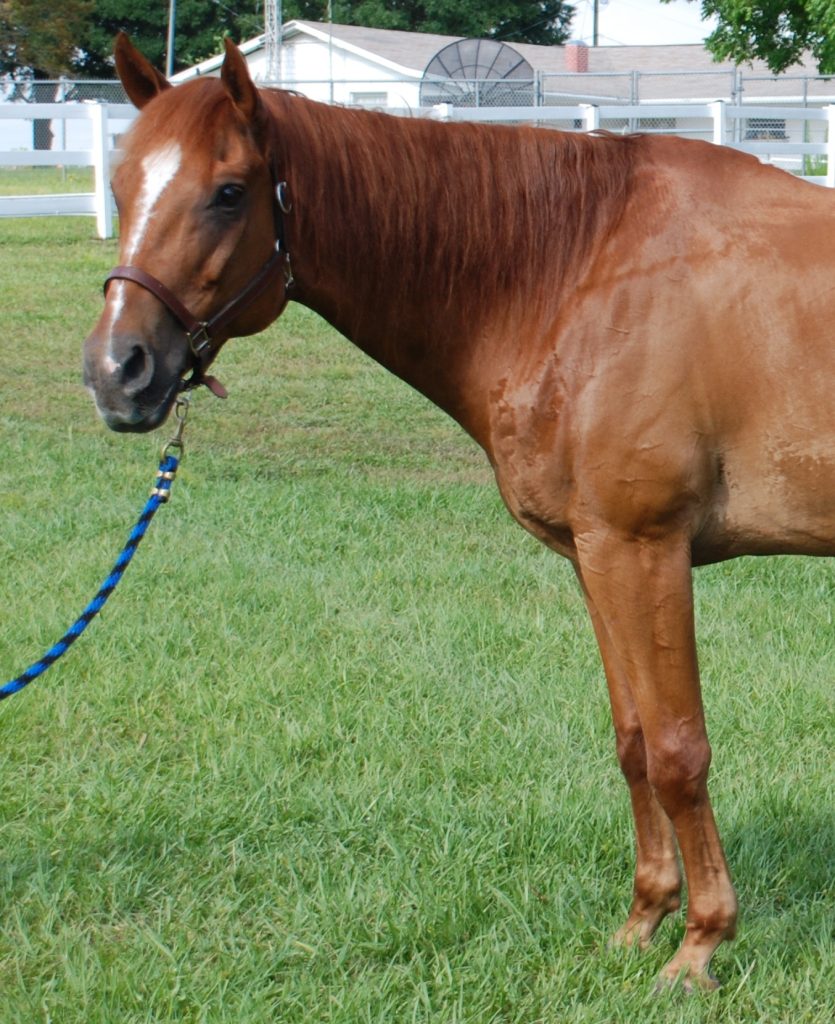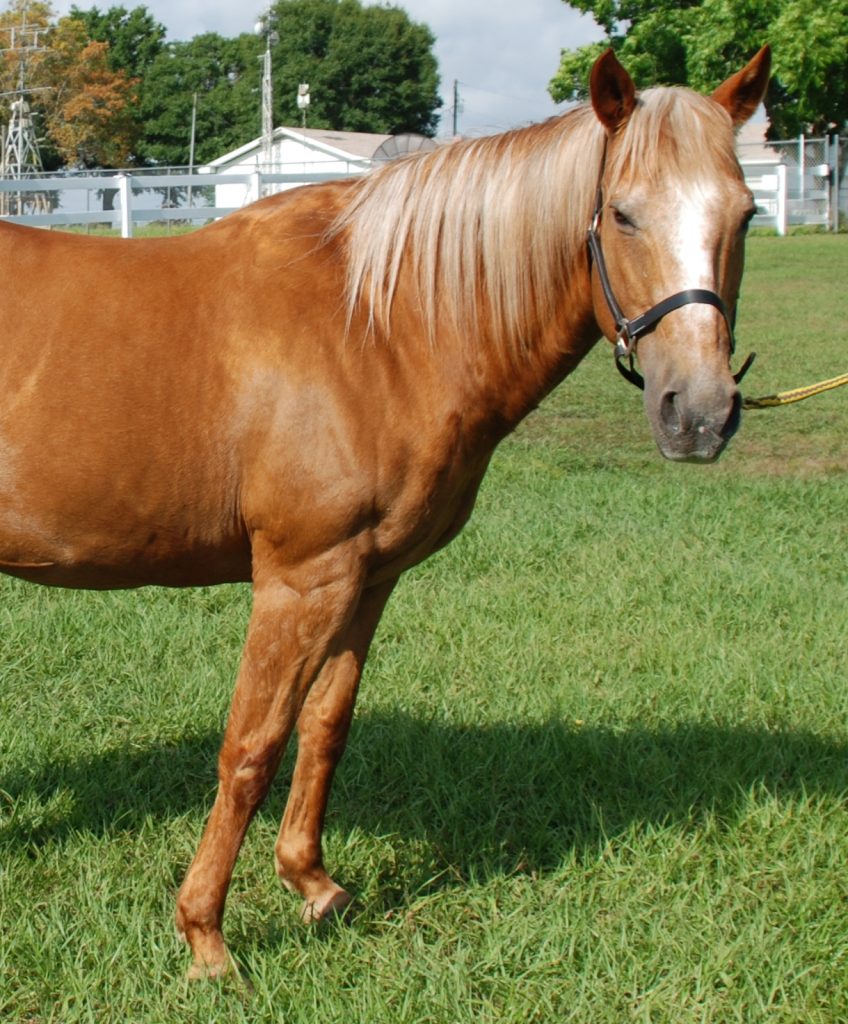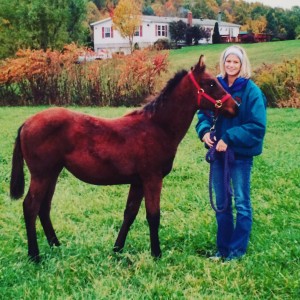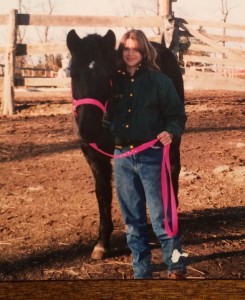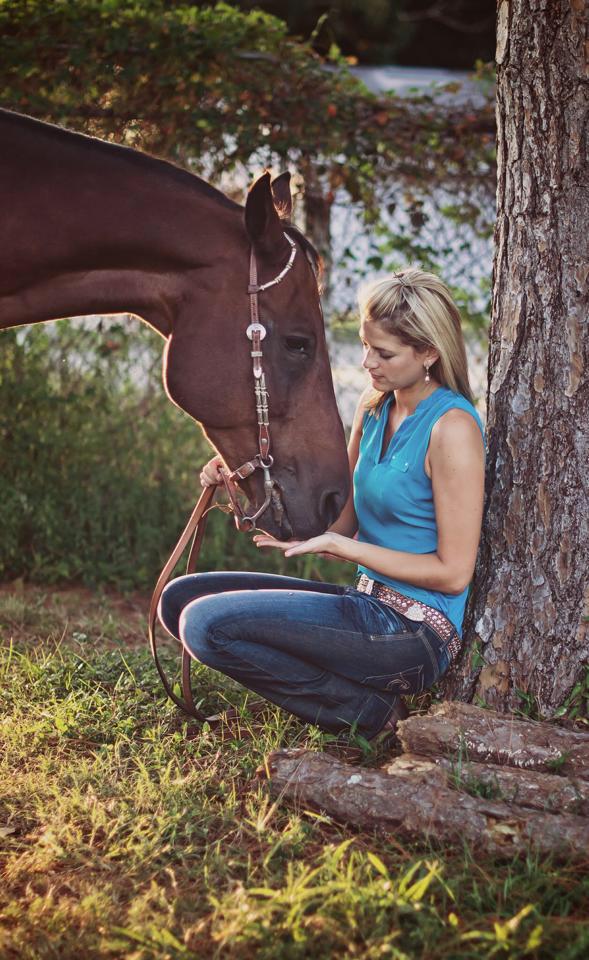Selecting Your Perfect Horse: What to Know Before Choosing Your New Equine Friend
Hey there, fellow horse lovers! It’s Lindsay from Saddle Serenity, and today we’re diving into one of the most exciting and important tasks for any equestrian—choosing the right horse. Whether you’re dreaming of serene trail rides or gearing up for the competitive show ring, finding that perfect equine partner is more than just love at first sight. It’s about discovering a companion that complements your lifestyle, matches your riding level, and shares your aspirations. So, saddle up as we trot through the essential steps to make your horse-buying journey both rewarding and fun!
I’ve owned many horses throughout my 30 year journey with horses and I’m happy to share some lessons that I’ve learned along the way.
Some of my horses throughout the years.
Know Yourself: Assessing Your Riding Level
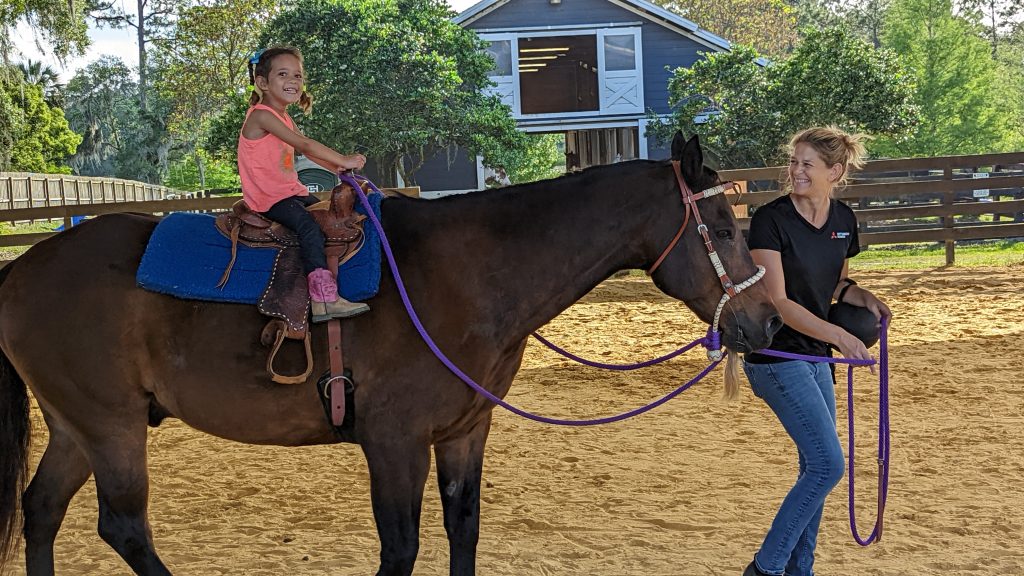
First things first, let’s talk about you! Understanding your current riding ability is crucial. Are you a beginner who needs a steady and forgiving horse? Or perhaps an experienced rider looking for a horse with the training to match your skills? Be honest with yourself about what you can handle now, not what you hope to handle someday. This honesty will set the stage for a partnership that is both safe and enjoyable.
Understanding Your Goals: What’s Your Riding Dream?
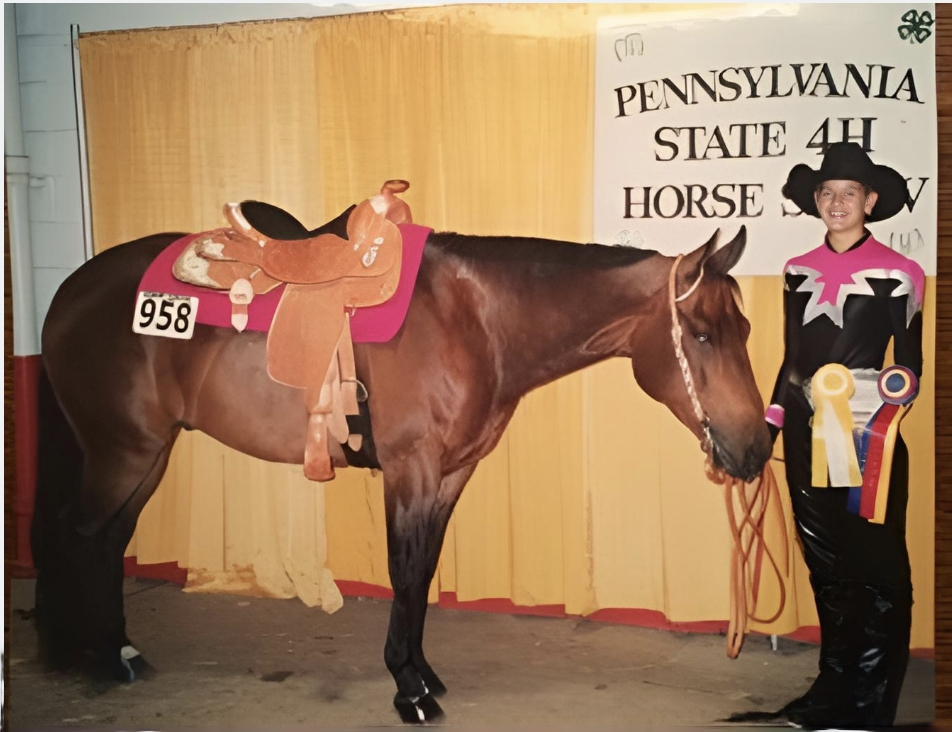
Next up, define what you want to achieve with your new horse. Your goals will significantly influence the type of horse you need:
- Pleasure Riding: Are you simply looking for a calm horse to enjoy on relaxing rides? A well-mannered, easygoing horse is ideal for leisurely trail rides or casual weekend outings, providing a stress-free equestrian experience perfect for unwinding.
- Competition: Are you looking to compete? There are many different types of horse competitions and shows, from dressage to jumping to barrel racing. Ensure you search for a horse (type and temperament) that aligns with your competition or show goals, and has the physical capabilities and mental resilience needed for the specific demands of your chosen discipline.
- Farm Work: Searching for a robust horse that can handle daily chores? You’ll need a horse that’s not only physically strong but also has a steady demeanor and good work ethic, making it reliable for a variety of tasks around the farm, from pulling carts to herding livestock.
Each purpose has a different set of requirements, so knowing your end goal is key to selecting the right match.
Choosing the Right Breed and Temperament
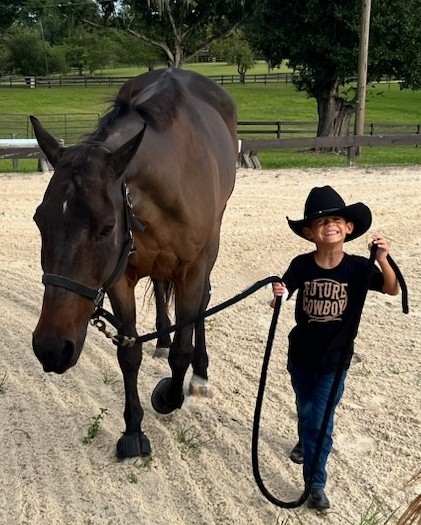
Horses come in a delightful array of breeds, each with its own set of characteristics. For example:
- Quarter Horses: Known for their versatility, excelling in both trail riding and competitive events due to their calm demeanor and agility. I’ve had the most experience with quarter horses and find them to be a great choice for both me and our children.
- Warmbloods: Favored by competitive riders for disciplines such as dressage and show jumping, prized for their agility and even temperament.
- Arabian Horses: Distinguished by their endurance and speed, excellent for long-distance riding and racing.
- Thoroughbreds: Often associated with racing but also valued in other equestrian sports for their speed, heart, and athletic build.
- Draft Breeds: Clydesdales and Percherons are recognized for their impressive size and gentle nature, suitable for various equestrian activities from farming to recreational riding.
Remember, the size of the horse should be appropriate for your size as a rider. Also, consider the horse’s temperament. A more experienced rider might be able to handle a spirited Thoroughbred, whereas a novice might thrive with a calmer Morgan.
The Importance of a Pre-Purchase Exam
Never skip the vet check! A thorough pre-purchase examination by a veterinarian can save you from unexpected health and temperament issues. This check should include:
- Physical Exam: Overall health, signs of lameness, condition of eyes, teeth, and hooves.
- Movement Assessment: Observation at walk, trot, canter, possibly under saddle.
- Diagnostic Tests: Depending on the initial findings, these might include x-rays, blood tests, or an endoscope.
Discuss your riding goals with the vet to ensure the horse’s suitability for its intended use.
Where to Find Your Horse
Now, where do you find this dream horse? Here are some avenues:
- Horse Shows and Competitions: Great for seeing potential horses in action.
- Trainers and Riding Clubs: Often have inside knowledge of horses for sale.
- Online and Print Ads: Widen your search with listings in equine publications and websites.
- Horse Brokers: Can help find a horse, especially if you’re looking for something specific.
Take Your Time
The process of finding the right horse should not be rushed. Spend time with potential horses, observe them in various settings, and always, always go for more than one test ride. It’s like dating—you’re looking for a partner, not just a pretty face!
Bringing An Expert
Consider bringing along a trusted trainer or experienced horse person when you go horse shopping. They can provide a second opinion and spot potential issues you might miss. Sometimes, we all get a little star-struck by a beautiful horse, and it’s crucial to have someone who can keep things objective.
The Horse’s History
Knowing a horse’s past experiences, health history, and even personality in its current stable can give you insights into its future behavior and performance. Don’t be shy about asking for detailed information from the current owner or handler.
After the Purchase: Bringing Your Horse Home
Once you’ve found your perfect horse, there’s still work to do! Prepare a comfortable and safe environment for your new partner. This preparation includes a suitable stall, a turnout schedule, and an introduction plan to any existing equine companions. Ensure you have all the necessary supplies ready, like feed, grooming tools, and tack.
You also should consider using a quality horse transport service. I’ve used a few over the years and would be happy to recommend one if you’d like. Feel free to reach out to me!
The Bonding Process
Finally, give yourself and your new horse time to adjust and bond. Building trust is key to any great relationship, and it’s no different with your horse. Spend time grooming, feeding, and simply being with your horse. These moments are precious and foundational to your future together.
Choosing the right horse is a big decision, but it’s also an incredible journey. With the right preparation, knowledge, and heart, you’ll find not just a horse, but a true friend and partner in the saddle.
I hope that you found this post to be helpful in guiding your search for the perfect equine companion. Best of luck finding a horse that meets your needs and brings joy to your equine experience!

